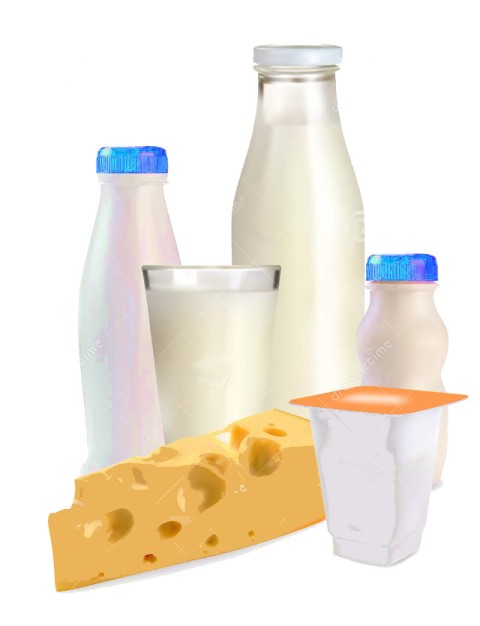One thing we know for sure milk is good for the dairy farmers, a real money maker.
Decades of public health, commercial messages have encouraged us to drink milk to strengthen our bones and also to reduce the risk of fractures as we age.
Dairy products have recently come under fire as Researchers have linked high milk intakes to nopne fractures, diabetes, heart problems, cancer and premature ageing.
Research reviews, published in the British Medical Journal, reported that calcium supplementation and dietary calcium intake didn’t substantially reduce the risk of hip fractures or increase bone mineral density in adults aged over 50 years.
Is milk is healthy or harmful, and whether you should include it in your diet depends on how much and what kind of milk products you consume. . And it depends on your age and current health status. Also whether you’re underweight or carrying excess weight, elderly or convalescent, or have food allergies or intolerance.
Does Milk increases your risk of chronic diseases
Dietary calcium and dairy products are important for bone development up until the end of adolescence and for maintaining peak bone mass in adulthood.
But there seem to be few benefits for older adults, in terms of fracture prevention, neither for dietary intake or supplementation. There are also possible adverse effects from too much calcium, such as kidney stones, heart problems and gastrointestinal symptoms.
Persons with lactase non-persistence are largely lactose-intolerant. When these people consume milk, the lactose remains unabsorbed in the gut, causing bloating (due to bacterial fermentation) and build-up of fluid leading to diarrhoea.
Milk and dairy products, especially full-fat varieties, are high in saturated fat. Two-thirds (68%) of milk fat is saturated fat.
Saturated fat has been suggested to increase concentrations of “bad” cholesterol in the blood and to increase the risk of heart disease.
The quantity of milk consumed is important to consider in any case – a dash (40 mL) of full fat milk in a cup of tea or coffee will provide 1.6 grams of fat (1.1 grams of saturated fat) and 118 kJ of energy. A full fat milk “grande latte” will provide approximately 15 grams of fat (10.2 grams of saturated fat) and 934 kJ of energy.
Milk is a cocktail of hormones, pesticides and antibiotics
While it is difficult to compare study conditions and provide definitive conclusions Beware..

